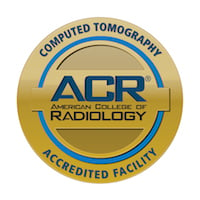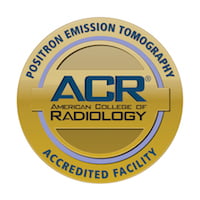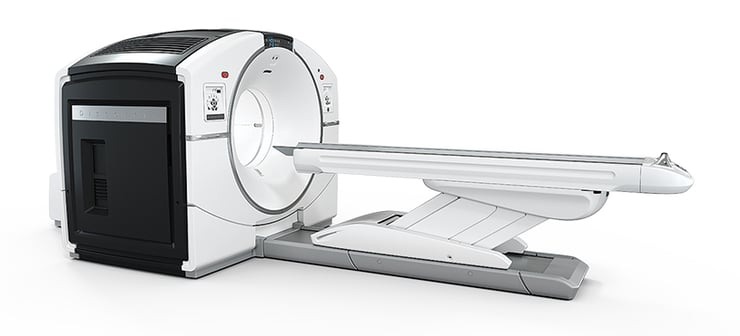PET/CT Scans
Compass Oncology is offering access to the most current PET/CT technology, strengthening our imaging services for both oncology and non-oncology patients.
Trusting Your Imaging Scans to Compass Oncology Means:
- Access to state of the art PET/CT technology1
- Streamlined collaborative communication among providers at our three cancer centers
- Convenient parking and avoidance of large congested hospitals
- Cost savings
- You can expect the same expert and caring treatment that all patients receive from the professionals at Compass
PET/CT (Positron Emission Tomography and Computer Tomography) scanning technology is one of the most advanced cancer detection evaluations available to residents of the Portland, Oregon, and Vancouver, Washington area. Compass Oncology is an ACR Accredited Facility for both PET and CT. This means our facility has met the standards for the highest level of quality and radiation safety. Our staff has been thoroughly reviewed and accredited by the American College of Radiology, a national professional organization serving radiologists, radiation oncologists, nuclear medicine physicians, and medical physicists.
For more information the ACR-RSNA website, www.RadiologyInfo.org.


What are the Advantages of the GE Discovery MI-DR ES for PET/CT at Compass?
- 2x improvement in accuracy and image quality than previous systems, enabling small lesion detection, fast and efficient reading, and more confident diagnosis
- 50% faster than previous systems
- 2-meter scan range enabling entire body scanning without repositioning the patient
- 500 lbs. capacity flat top table that accommodates larger patients with accuracy
- Low Dose Lung Cancer Screening protocols tailored to the system for patients of all heights and weights

What Does a PET/CT Scan Do?
PET/CT Scans are a powerful combination of two imaging technologies:
- PET shows the body's metabolic activity. Essentially it shows how fast the body is processing a glucose solution the patient is injected with before the scan is conducted. Cancer metabolizes sugar faster than normal cells. This higher level of activity appears as a bright spot on the scan. This allows cancer cells that would otherwise be undetected to appear.
- CT scans show the body's anatomy.
This gives your oncologist a higher degree of confidence in the location of the cancer and its stage. The types of cancer that are most commonly evaluated with a PET/CT scan include breast, esophageal, cervical, melanoma, lymphoma, lung, colorectal, head and neck, and ovarian cancers.
Is a PET/CT Scan Right for Me?
A PET/CT scan may be the best available tool to diagnose the presence of cancer at an early stage and also to correctly assess the stage of the disease when it is present. These factors are critically important if your doctor is to prescribe the right treatment, such as surgery, chemotherapy, or radiation therapy. The combination of PET and CT is often the most accurate means of doing this. This advanced technique is also commonly used to assess how the cancer responds to this treatment.